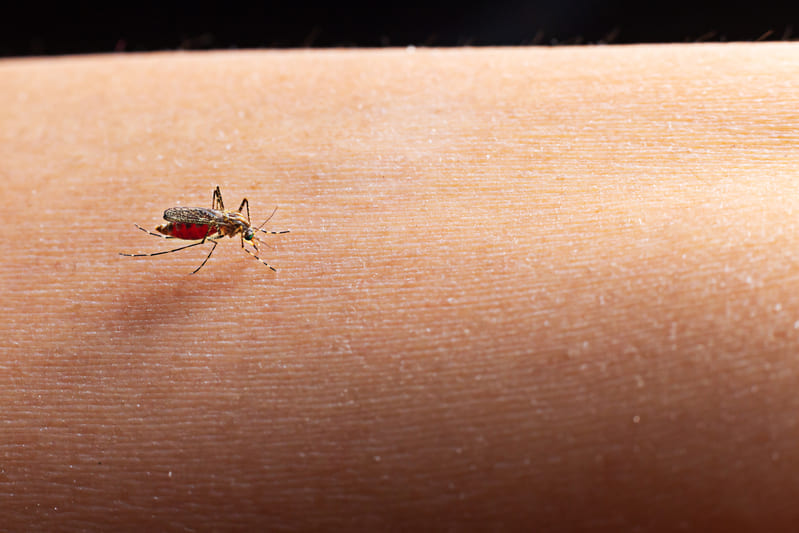Every week, we diagnose at least one case of Dengue infection.
Only our patients can testify to the unpleasant symptoms and the anxiety of developing complications. Half of the world is now at risk due to climate change and urbanisation. One is more likely to get it in tropical countries, including Indonesia. Thankfully, Qdenga is now released as a vaccine against dengue.
WHAT IS DENGUE INFECTION?
It’s an infection caused by a virus transmitted through the bite of infected mosquitoes. Infected people are mostly without symptoms, but may develop high fever (4OC/104F), extreme body aches, and bleeding that require hospitalisation. Severe infection may cause death. There is no treatment, medications are mainly given to manage symptoms.
WHAT IS QDENGA?
Qdenga (TAK-003) is a vaccine that helps protect against dengue infection (serotypes 1, 2, 3, 4), and is a Japanese product manufactured in Germany. It is a live attenuated vaccine, meaning it contains weakened parts of the dengue virus incapable of causing disease. It’s to trigger specific antibodies in your immune system and protect you from real infection in the future. It is given in two doses (three-month gap).
IS IT SAFE AND EFFECTIVE?
It is approved for use in Indonesia, European countries and Brazil by the official health authorities. The efficacies: 80% in preventing fever, 90% in preventing hospitalisation, and 85.9% in preventing bleeding symptoms. (Interpretation: in 100 people who have been vaccinated twice, 80% are unlikely to develop a fever)
WHAT IF I’VE HAD DENGUE BEFORE?
It’s recommended regardless of previous dengue exposure. A person can get a dengue infection more than once, and the intensity of symptoms may vary.
WHO CAN RECEIVE IT?
Individuals 6 to 45 years old in Indonesia. Age groups may differ in other countries according to authorities. Research locally is done to increase the age group in Indonesia.
WHO SHOULDN’T RECEIVE IT?
Known allergies to any active substance. Individuals with any immune deficiency (for instance HIV/AIDS) or receiving chemotherapy/steroids. Women who are pregnant/ breastfeeding.
SIDE EFFECTS EXPECTED?
The most common are pain in the injected area, headache, body pain, tiredness, and fever. Occurs within two days after injection, are mild to moderate in intensity, and duration of one to three days.
HOW CAN I PREVENT GETTING DENGUE INFECTION?
Wear clothes that cover as much of your body as possible, use mosquito nets. Put on repellents (containing DEET/Picaridin/R3535, safe for children too). Use anti-dengue coils/vaporisers. Once a week, throw out/cover items that hold water (tires, buckets, pools, birdbaths, flowerpots, or trash containers).
Our team at GOOD PRACTICE clinic embraces this medical innovation and is enthusiastic about promoting it widely. It’s important to discuss this with your doctor before deciding to receive this vaccine. We are open to receiving questions, so don’t hesitate to reach out.




